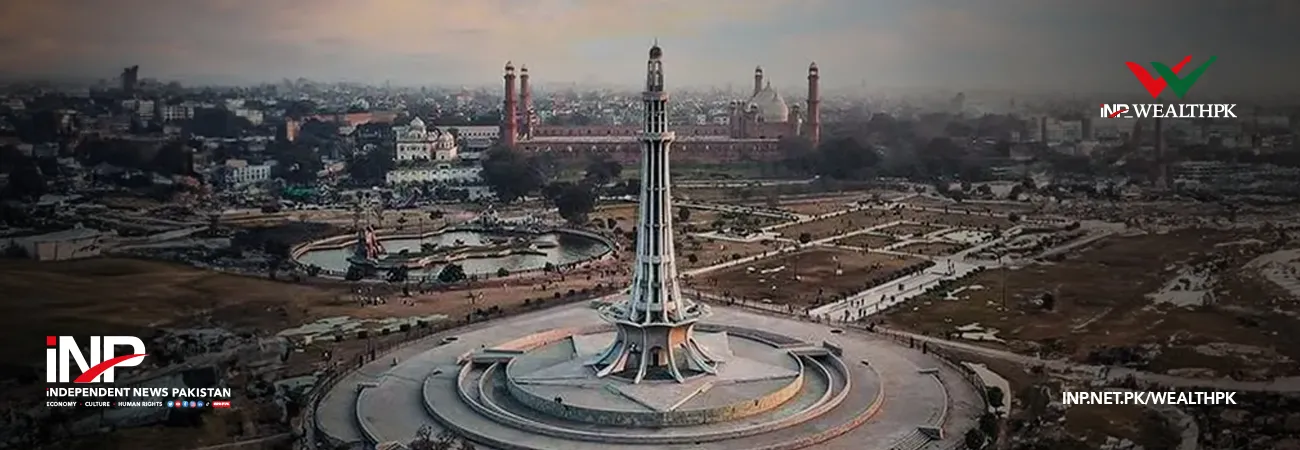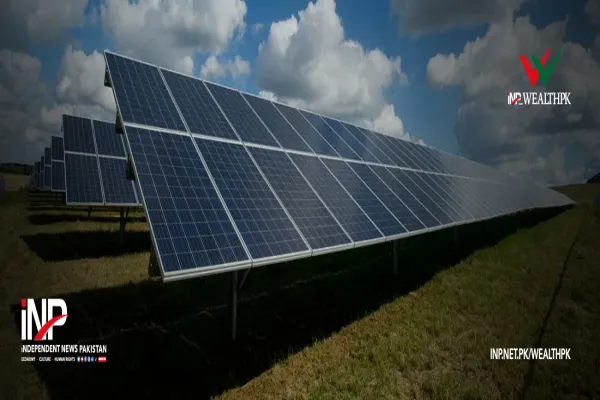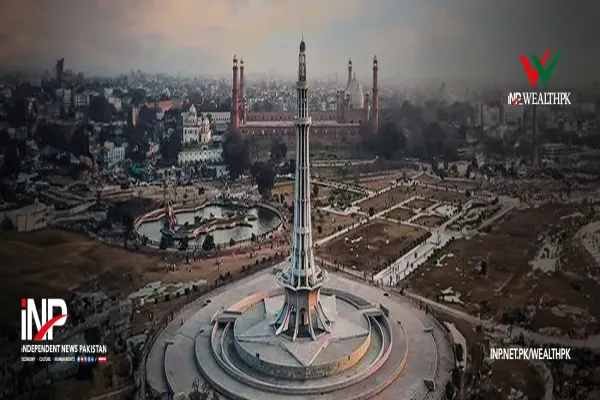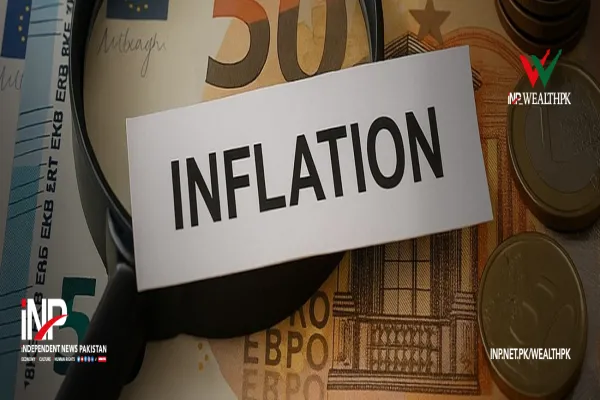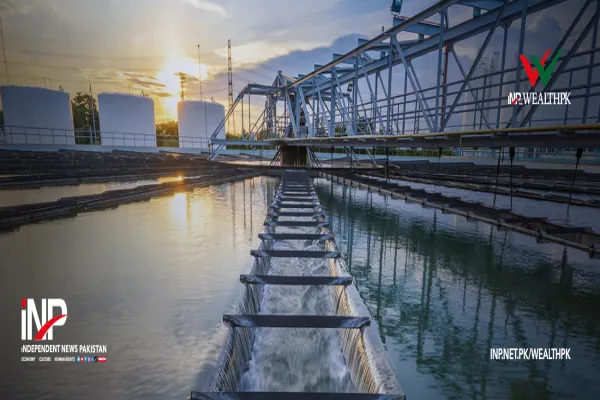i INP-WEALTHPK
Muhammad Saleem
Traders and small business owners in Lahore have voiced concern that the city’s new anti-smog business-closure timings could sharply reduce evening sales, dampen nightlife, and slow the recovery of retailers already struggling with inflation and low customer turnout. Under new directives issued by the Lahore district administration, commercial establishments are required to close by 10 p.m. daily as part of measures to curb the city’s worsening smog.
A similar plan was enforced last year during the smog season. Speaking to Wealth Pakistan, Katib Hussain, owner of a steel workshop, said that while everyone wanted a cleaner and healthier Lahore, the authorities’ approach was “misguided.” “No doubt everyone wants cleaner air, but the path to that goal can’t run through shuttered shops and empty streets,” he said. “A strategy must be developed that protects both the air we breathe and the livelihoods that sustain the city.”
He said the government frequently changed business hours — sometimes to conserve electricity, and at other times to combat smog — reflecting policy inconsistency and administrative negligence. “Who will compensate businesses for the losses they suffer due to these sudden restrictions?” he asked, alleging that the government seemed more focused on collecting taxes than promoting public welfare. Hussain argued that the authorities were already aware of the smog problem and should have taken long-term preventive measures instead of imposing blanket restrictions.
“Rather than penalizing the business community, accountability should start with those responsible for environmental management,” he added. Noor Ahmed, another trader, said most businesses in Lahore thrive in the evening when people shop and dine after office hours, typically around 8 p.m. “Closing markets at 10 p.m. gives us barely two productive hours,” he said. He noted that sales had already fallen by nearly a third due to inflation, leaving many shopkeepers struggling to cover rent and salaries.
“We know smog is a genuine problem, but the economic burden shouldn’t fall solely on small traders,” he added. Ahmed said restricting business hours would do little to improve air quality, since “reducing traffic and electricity use at night has only a marginal and short-term effect.” The real solution, he argued, lay in addressing vehicle emissions, crop-residue burning, industrial smoke, and construction dust, which are the main contributors to smog. “It’s unwise to believe that early market closures will clean the air,” he said.
“What Lahore needs is cleaner fuel, an efficient public transport system, and stricter monitoring of polluting factories.” He stressed that the government must strengthen enforcement against unfit vehicles and industrial emissions instead of imposing ad-hoc measures. “It’s ironic that such a complex environmental problem is being met with short-term fixes. The government should review its policy rather than forcing traders to cut their working hours,” he suggested.
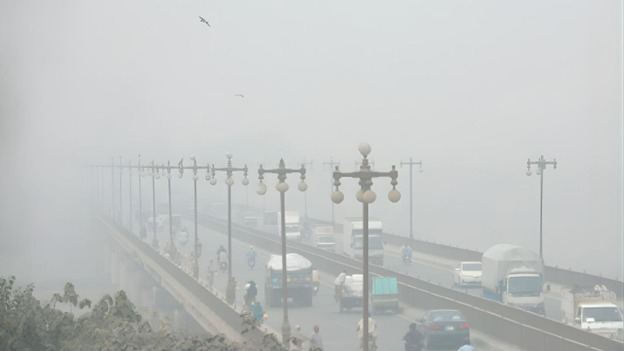
Credit: INP-WealthPk



